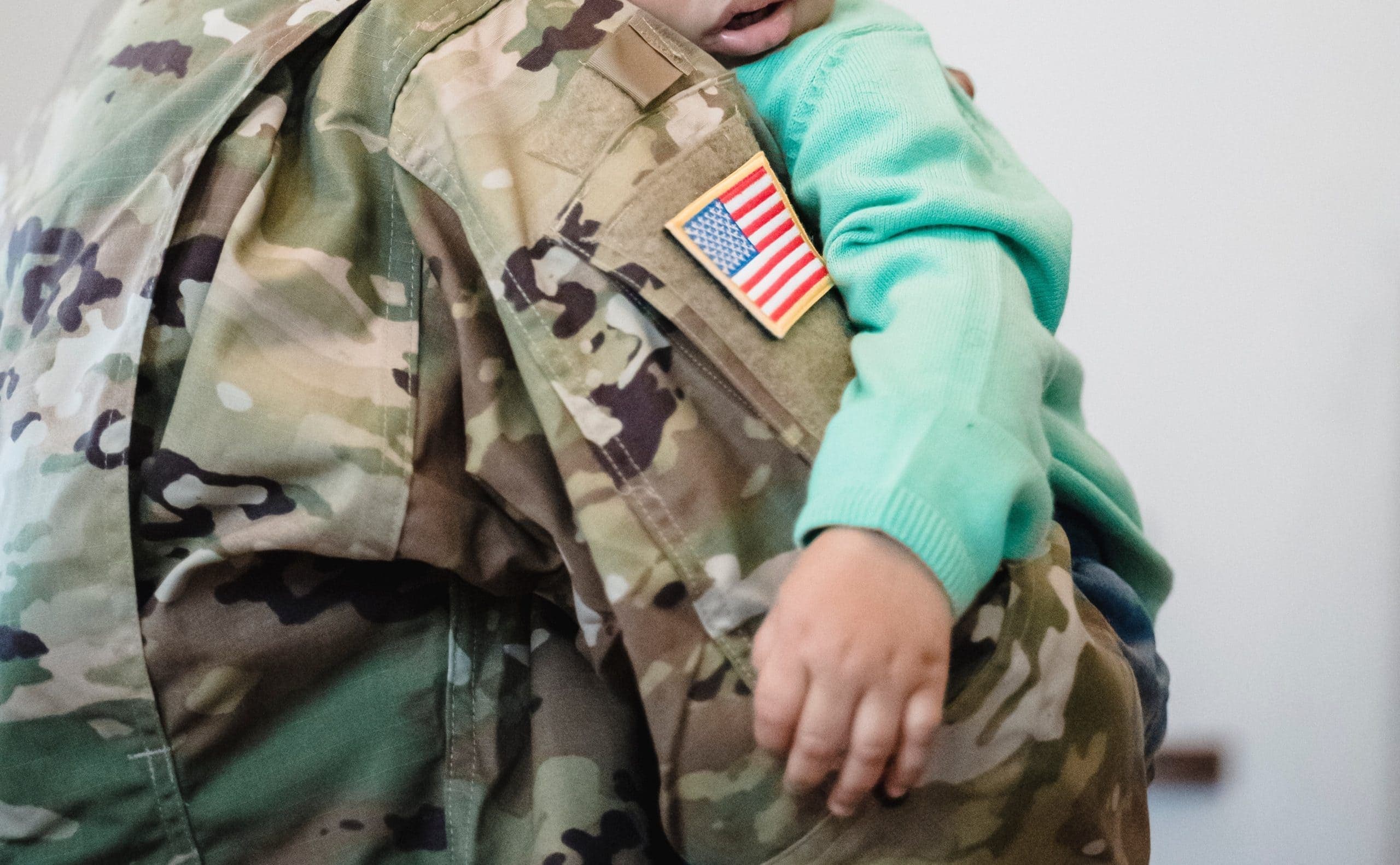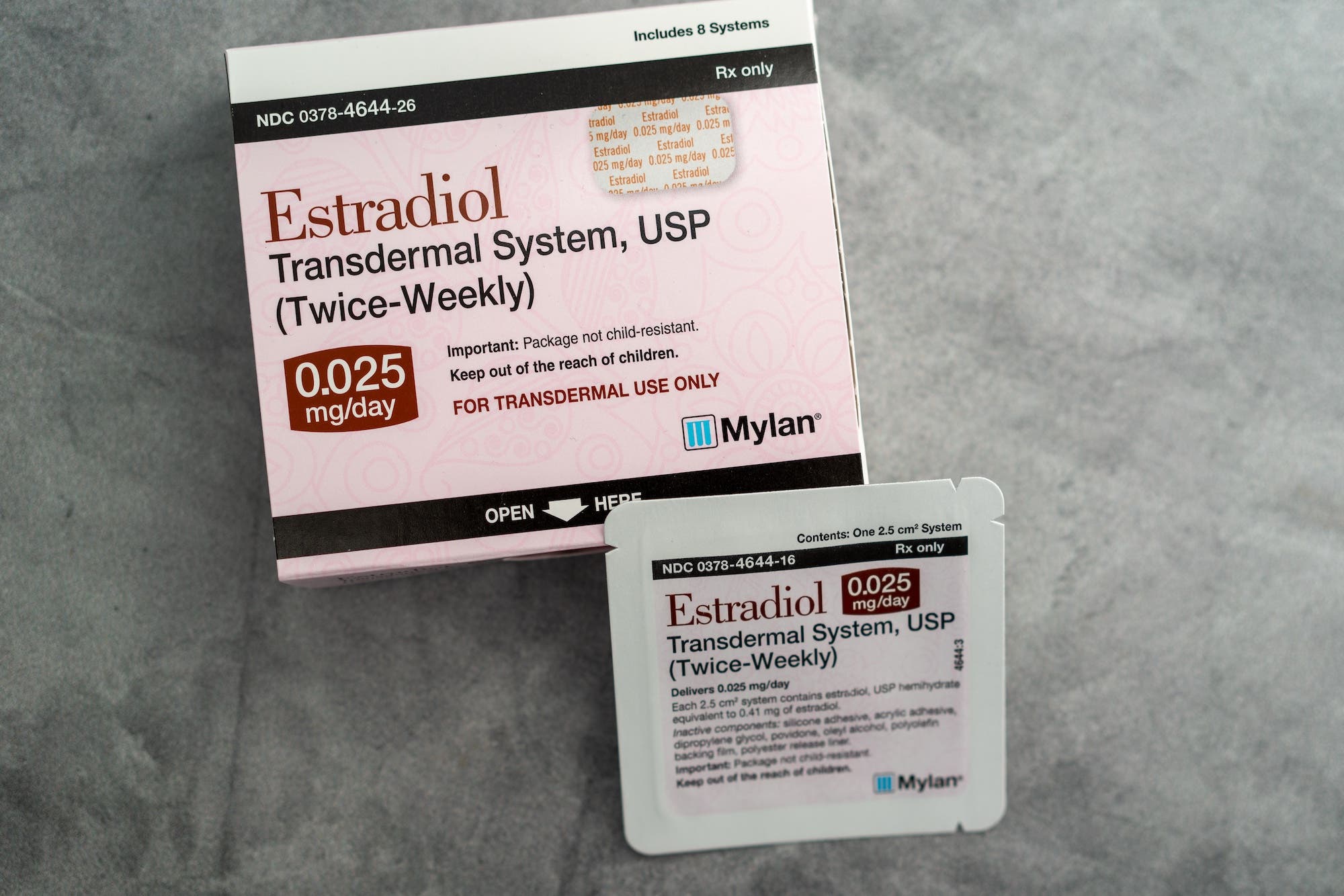Infertility is a difficult situation for anyone to experience, no matter their position or background. However, some professions can increase your risk of infertility — and the military is one of them. Research that demonstrates people in the military are more at risk for:
Why do people in the military have higher rates of infertility? The problem is multifactorial, and each factor is a large and complex topic in its own right. In this article, we break down some of the additional challenges military personnel and their families face when trying to conceive or build a family.
Research shows veterans have a higher incidence of infertility
According to the National Institute of Health, approximately 9% of men and about 11% of women in the United States have experienced problems with fertility.
A 2013 survey followed up on the health of over 20,000 veterans, both male and female, from the US War on Terror (2001–2008). This survey found that 15.8% of female veterans and 13.8% of male veterans have experienced infertility.
This makes infertility 1.5 to 2 times as common among veterans, compared to civilians.
According to Legacy Chief Medical Officer Ramy A. Ghayda, MD, studies show that men who are actively serving and veterans have reduced semen quality, on average, compared to the general population. Although the reason why is not known, Ghayda advises that “it is likely due to several factors such as high levels of stress, exposure to toxins, and war-induced injuries.”
How military service increases your chance of infertility
What service-connected conditions are related to fertility? When it comes to military service and infertility, the dangerous nature of the job — including risk of exposure and injury — needs to be considered.
Exposure to endocrine disruptors in the military
An endocrine-disrupting chemical (EDC) is a chemical or toxin that interferes with the normal functioning of the endocrine system, the system that regulates our hormones. Research suggests that endocrine disruptors may be at least partially responsible for globally declining sperm counts, increased numbers of male children born with genital malformations, and rising cases of certain types of cancer.
Exposure to toxins, including endocrine disruptors, has long been associated with military service. During the Vietnam War, an herbicide called Agent Orange was used for over a decade, exposing many service members and Vietnamese locals to EDCs. Burn pits, chemicals in missiles and firefighting foams, and even plastic in food packaging are all sources of modern EDC exposure.
Burn pits are one of the most obvious ways that members of the military are exposed to these toxins. Burn pits were a common waste disposal practice at military sites outside the US, such as in Iraq and Afghanistan, until the mid-2010s. The military used them to dispose of anything from discarded food and equipment to chemicals and munitions, producing toxic fumes and lowering air quality.
The Department of Defense estimates that approximately 3.5 million service members may have been exposed to burn pits and, therefore, harmful toxins during wars in the Middle East.
Military injuries
For those deployed to active war zones, blast and bullet injuries to the genitals are also of significant concern. Serving military members also face the risk of other injuries, such as a spinal cord injury or traumatic brain injury, which can directly affect the ability to conceive a family. Traumatic brain injuries are known to cause decreased libido, decreased arousal, reduced fertility, and reproductive changes.
Other fertility and health considerations for those in the military
Deployments
Deployment may have a huge impact on trying to conceive (TTC). Dr. Ghayda explains that, to conceive naturally, a couple needs to be able to have sex just before or around the time of ovulation. This is the “fertile window,” during which the probability of pregnancy is the highest. However, lengthy deployments and irregular schedules mean that this is often challenging, if not impossible, for active-duty families.
“If you miss this fertile window, it is virtually impossible for a couple to conceive naturally,” says Dr. Ghayda. “However, you can use frozen sperm for in vitro fertilization (IVF), or intrauterine insemination (IUI) to overcome the geographical dislocation.”
Unfortunately, as we discuss below, TRICARE (military health care) typically does not cover reproductive procedures such as IVF or IUI.
Mental health and infertility
Although not considered a direct cause or service-connected reason for infertility, post-traumatic stress disorder (PTSD) may have a significant impact on a person’s ability to conceive.
There are several ways in which PTSD can make conception challenging. Ghayda explains that depression and anxiety can affect male sexual function causing problems such as erectile dysfunction or ejaculatory dysfunction, making natural conception difficult. PTSD can also affect libido. One study, published in the Journal of Sexual Medicine and sponsored by Veterans Affairs, found that both men and women with PTSD are more likely to have problems with sexual dysfunction.
Serotonin reuptake inhibitors (SSRIs) which are often used to treat mental health concerns such as depression, anxiety, or PTSD, can also negatively impact sexual function and fertility. SSRIs can delay ejaculation, decrease libido, and affect the female menstrual cycle. Learn more about antidepressants and male fertility.
A 2017 study involving 5,826 United States veterans found that 12.9% were diagnosed with PTSD. This is almost double the rate of PTSD in the general population (6.8% of all Americans will experience PTSD at some point in their lives). These rates also increase for those who have served in specific operations. Therefore, mental health has to be considered when understanding the additional challenges the military face concerning fertility.
Infertility coverage for the US military and veterans
Unfortunately, the military and veteran healthcare system offers limited options for couples diagnosed with infertility and no coverage for proactive fertility preservation.
Healthcare coverage for the US military is a bit complex, but here is a basic breakdown of the fertility coverage available:
TRICARE covers basic diagnostics for fertility for active-duty members of the military. However, they don’t cover fertility treatment unless you’re a service member (male or female) who is on active duty, had a severe illness or injury while on active duty (Category II or III), lost natural reproductive ability due to that illness or injury, and has a lawful spouse.
(Category II is an injury or illness in which doctors are unsure when the service member will return to duty. Category III is when a serving member is most likely to be medically discharged because of that illness or injury.)
When veterans leave the military, they can access VA healthcare. The coverage there is similar: IVF is only covered if you have a service-connected condition.
Legacy’s Head of Military Affairs John Crowley explains that the biggest “friction point” to accessing fertility care through military health coverage is that “you have to prove that your condition or injury is service-related AND medically necessary.” Since fertility is multifactorial, it’s difficult in most cases to pinpoint a specific military-related cause (unless there was an injury).
Proactive fertility preservation, such as egg, embryo, or sperm freezing, is not covered by TRICARE, despite military members being more at-risk for infertility.
Donor eggs/sperm or surrogacy is also not covered by either plan, leaving LGBTQ service members and veterans completely out of the picture.
Sperm freezing before deployment
Sperm freezing, also known as sperm cryopreservation, is the process of using liquid nitrogen to freeze one or more sperm samples for possible use later on, when healthy sperm may be harder to acquire. Sperm freezing essentially preserves your option to become a biological parent, regardless of age, illness, injury, medical treatment, or life path.
Given the inherent danger of the military profession, the benefits of freezing sperm are invaluable. Once frozen, sperm can be stored indefinitely with no effect on quality, and can be used in IUI or IVF procedures down the line.
Learn more about sperm freezing.
Fertility resources for military members and veterans
If you are a military member or family facing fertility challenges — or you’re hoping to preserve your fertility before deployment — there is support available.
Legacy is committed to supporting active military, veterans, and their family members in their family-building journey. We have several initiatives in place to support the military community.
“The Tadpole Project” for Naval Special Warfare with Military Family Building Coalition
Legacy offers all Naval Special Warfare operators — including SEALs, Special Warfare Combatant Craft Crewman and Explosive Ordnance Demolition personnel — free access to a privacy-protected, at-home sperm testing, with one year of complimentary cryopreservation service.
This service is offered in partnership with the Military Family Building Coalition, an organization dedicated to supporting active duty military with challenges around fertility and family building. MFBC is an excellent resource for members of the military.
Operation Baby
Legacy is the digital fertility clinic of choice for Operation Baby, a non-profit that helps military couples diagnosed with medical infertility achieve their dream of becoming parents. Legacy offers the Operation Baby community discounted access to at-home sperm testing and cryopreservation services.
Operation Baby is another excellent support network for military members and veterans, and they offer grants to cover fertility treatment.
Veterans Advantage
Legacy is proud to partner with Veterans Advantage, a registered public benefit corporation that advocates for respect, recognition, and rewards for service members. Legacy offers a 25% discount on sperm testing and freezing services to Veterans Advantage members.
Learn more about sperm testing and freezing for members of the military and veterans.



